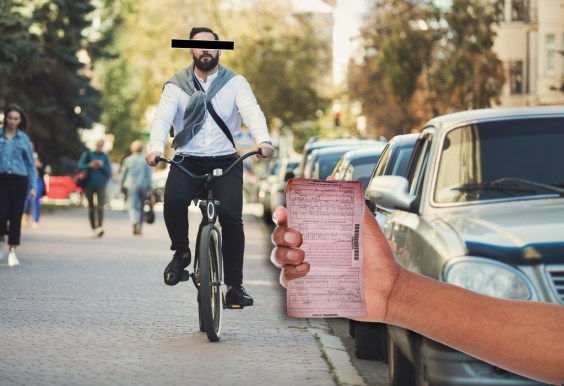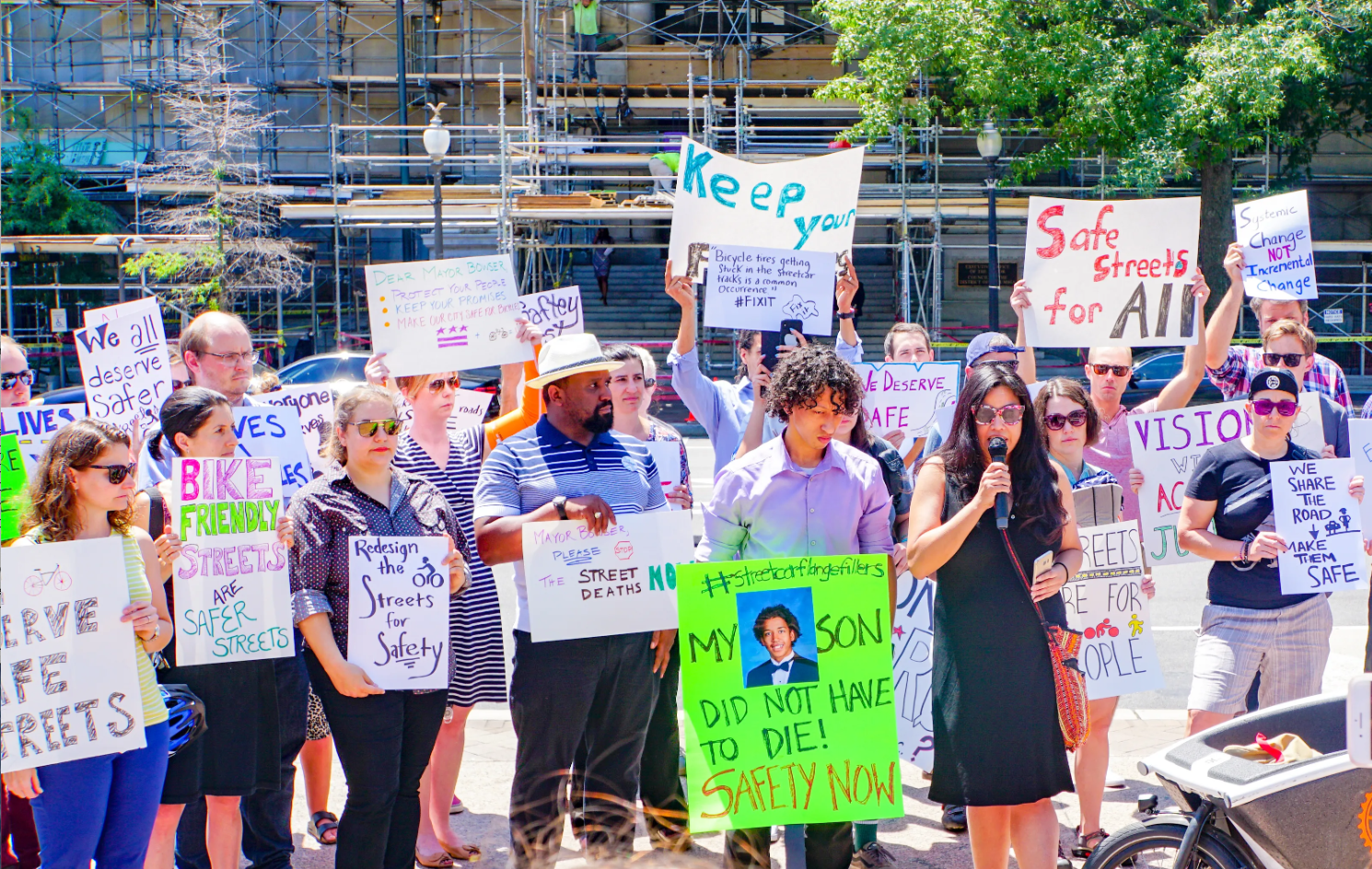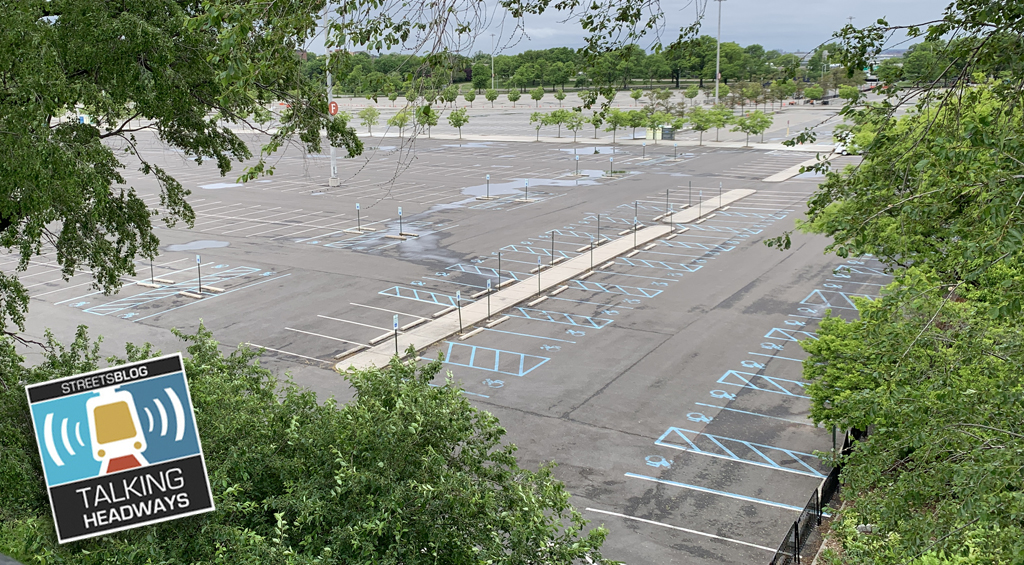The senior Republican on the Senate environment panel today criticized the House's six-year transportation bill, lamenting that the measure "focus[es] very heavily on transit, bike paths, and sidewalks" and carves out a strong federal role in "decisions historically left to the state level."
Inhofe's concerns, raised at the latest in the environment committee's series of hearings aimed at marshaling consensus for a new long-term transport bill, suggest that the increased transit, bike-ped, and urban policy investments envisioned by the House measure could face resistance from rural senators who fear less of a federal emphasis on roads.
"We cannot grow the program in urban areas while ignoring the
rural component," Sen. John Barrasso (R-WY) said, describing rail and bike usage as "geographically and climatically prohibitive" in his state, currently the nation's least-populated.
Environment committee chief Barbara Boxer (D-CA) assured Barrasso that "I don't look at writing this bill as rural versus urban." Yet the House legislation offered by transportation committee chairman Jim Oberstar (D-MN) would direct significant funding to urban infrastructure needs through a new metropolitan mobility program, a prospect that appeared to unsettle rural lawmakers.
"I don't feel like transit is a great option in our rural areas," said Oklahoma state senator Bryce Marlatt, an invited witness. After Inhofe questioned the Oberstar framework's emphasis on bike-ped and transit spending, Marlatt warned that the House plan could prevent rural areas from joining "the global economy" by boosting road spending.
Alternative perspectives were offered by John Robert Smith, president of the transit advocacy group Reconnecting America, and Scott Haggerty, a supervisor in California's Alameda County who appeared on behalf of the National Association of Counties (NACo).
Smith told senators that the green-transport and land-use grants offered by the Obama administration's multi-agency sustainability office should be open to cities with populations of 50,000 or below, giving rural areas more of an opportunity to compete for federal aid.
Haggerty, for his part, noted that the "overwhelming majority of congestion comes in metro areas" and advised that any project getting funding from Oberstar's proposed urban mobility program should be able to document its benefits for commuters.
Even as the rural-urban debate unfolded, senators sought to steer the hearing towards the fundamental issue stalling progress on a replacement for the 2005 federal transportation law: how to pay for it.
"In terms of infrastructure, our roads and bridges are not getting any better if we neglect them," Sen. Bernie Sanders (I-VT) said. "We're going to have to address this problem one way or another; we might as well do it and create jobs."
Asked for their thoughts on transportation financing, Haggerty said NACo would back a gas-tax increase -- an option ruled out by the White House for the foreseeable future -- and Smith cited a poll commissioned by Transportation for America that found public support for more infrastructure spending, provided that it was approved in a transparent fashion.





